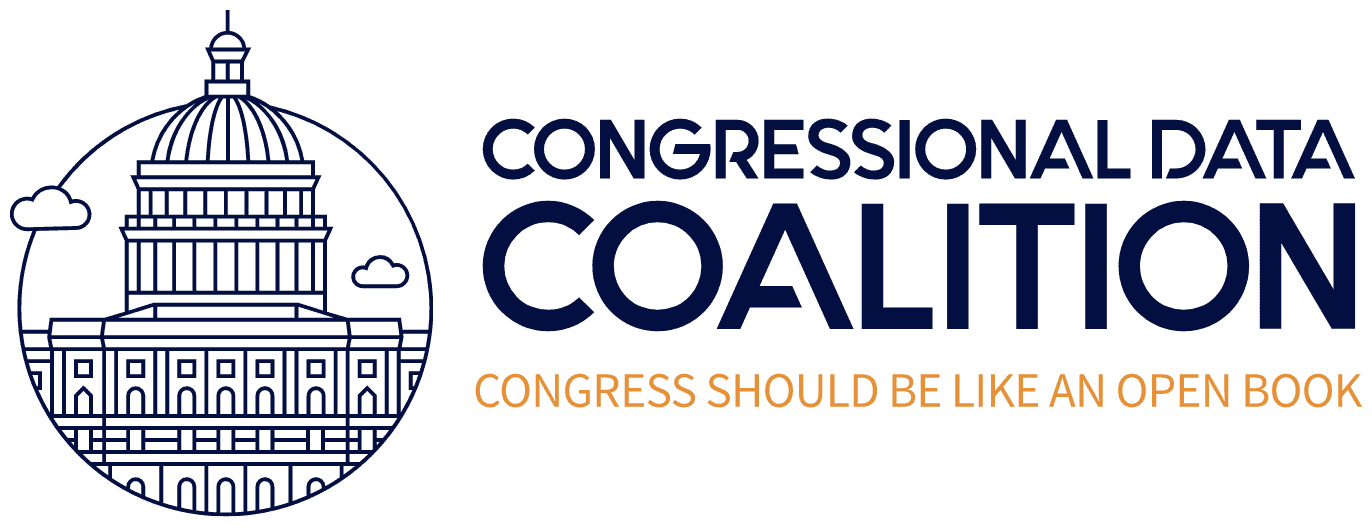The Congressional Data Coalition is hosting a panel and happy hour on April 4 (“4/04 Day”) sponsored by the R Street Institute and CREW, and organized with help from other CDC members. Register for the panel here: http://404day.eventbrite.com. And for the happy hour here: http://404reception.eventbrite.com.
Here’s the event description and list of participants:
Two decades ago Congress began publishing on the Internet, revolutionizing public access to legislative information. While the technology we use has evolved since the 90s, Congress has not always kept up.
In the meantime, public-minded entrepreneurs have used congressional data to alert people to important bills, keep track of votes, and put citizens in contact with their elected representatives.
While some modernization has occurred, further improvements to Congress’s publishing methods are urgently needed. And with the looming switch from THOMAS to Congress.gov, many organizations and individuals who depend on the available data will be left in the dark, endangering the public’s ability see what its government is doing.
Join our panel of data experts for a discussion of how far we have come, and how far we have yet to go, to fulfill the promise of lawmaking in the open.
Featuring:
Jim Harper, Global Policy Counsel, Bitcoin Foundation; Senior Fellow, Cato Institute (Moderator)
Steve Dwyer, Digital Director & Policy Advisor to Rep. Steny Hoyer
Josh Tauberer, Founder, Govtrack.Us
Nick Schaper, Senior Vice President, Engage
Kirsten Gullickson, Senior Systems Analyst, Clerk of the House of Representatives
